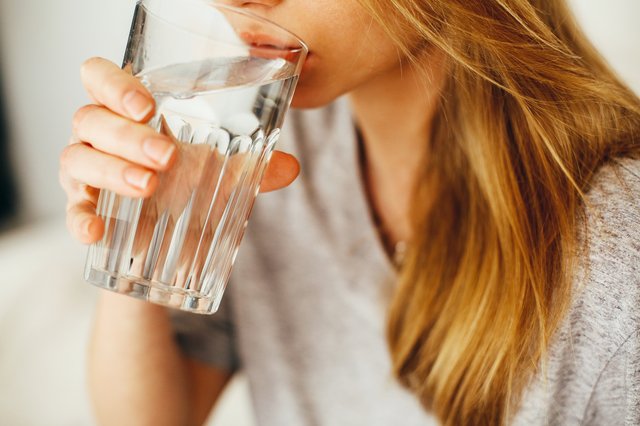
4 Ways To Improve The Water Quality For Your Household
Drinking water that is contaminated with viruses, bacteria or lead can result in stomach cramps, nausea or other health problems. Furthermore, allowing hard or otherwise tainted water to flow through your home could result in damaged pipes or other issues that may be expensive to fix. Fortunately, there are steps that you can take to minimize exposure to tainted water.
Keep Your Plumbing System in Good Condition
Older pipes are more likely to contain lead, which means that the water that passes through them is more likely to contain lead. Exposure to this material can cause developmental delays in children, and if you are pregnant, lead exposure can have a negative impact on your unborn baby. In adults, it can have an impact on organs such as the kidney and liver.
Use Water Filters
Water filters can easily be attached to a faucet and will eliminate most or all of the lead, carbon and other chemicals that are in your home’s water. It may also be possible to put a filter on your water bottle or any other container that you or your family members drink from.
Properly Dispose of Chemicals and Other Waste
Paint, motor oil or any other hazardous chemicals that you use to maintain your home or car with should be stored in a sealed container. If possible, keep the container in a separate room until it can be picked up by a recycling company or dropped off at a waste treatment facility. If these or other chemicals do leak, be sure to clean up the spill as quickly as possible. Otherwise, they could seep into the ground or otherwise mix with your home’s water supply.
Drain the Water Heater
Over time, sediment will build up in your water heater, and sediment does a good job of dissolving when exposed to hot water. The easiest way to remove it is to drain your water heater once every one to three months. It can also be a good idea to drain your water well pump every few months as it may also be vulnerable to sediment accumulation.
It isn’t uncommon for people in the developed world to take access to clean water for granted. However, you may be regularly exposed to water that is contaminated with lead, sediment or hazardous chemicals. Therefore, it is important to regularly inspect your home’s pipes, water heater and other components to ensure that you don’t put yourself or your family at risk of getting sick.
